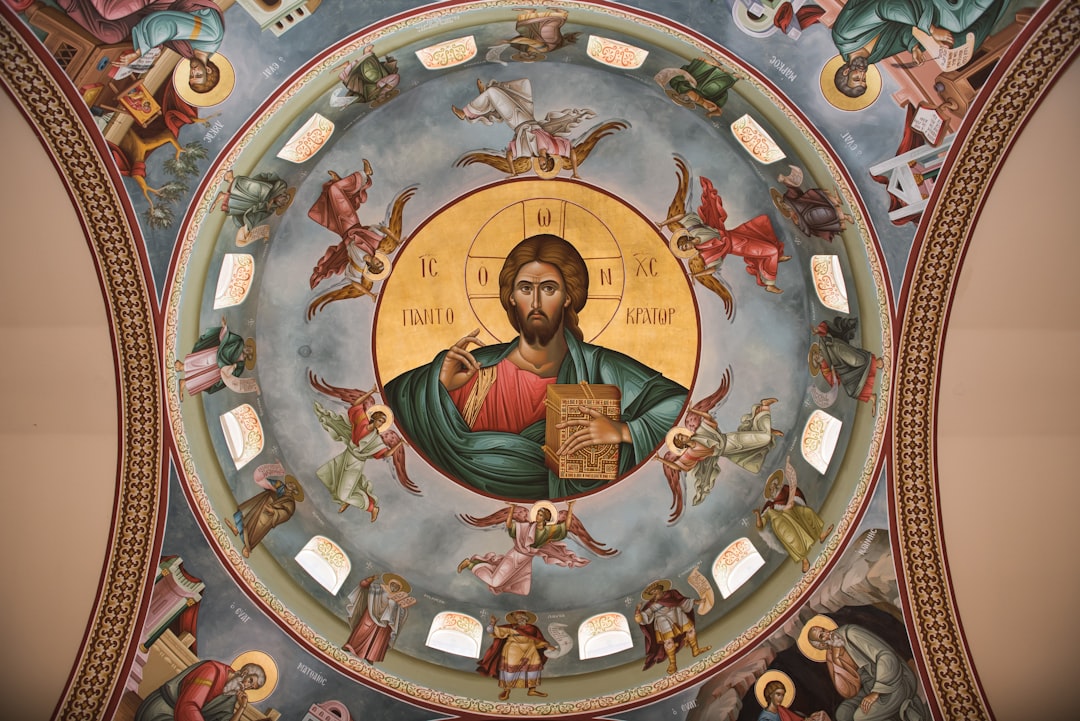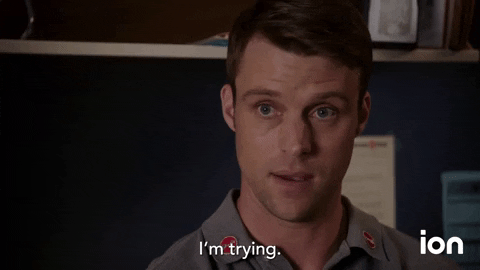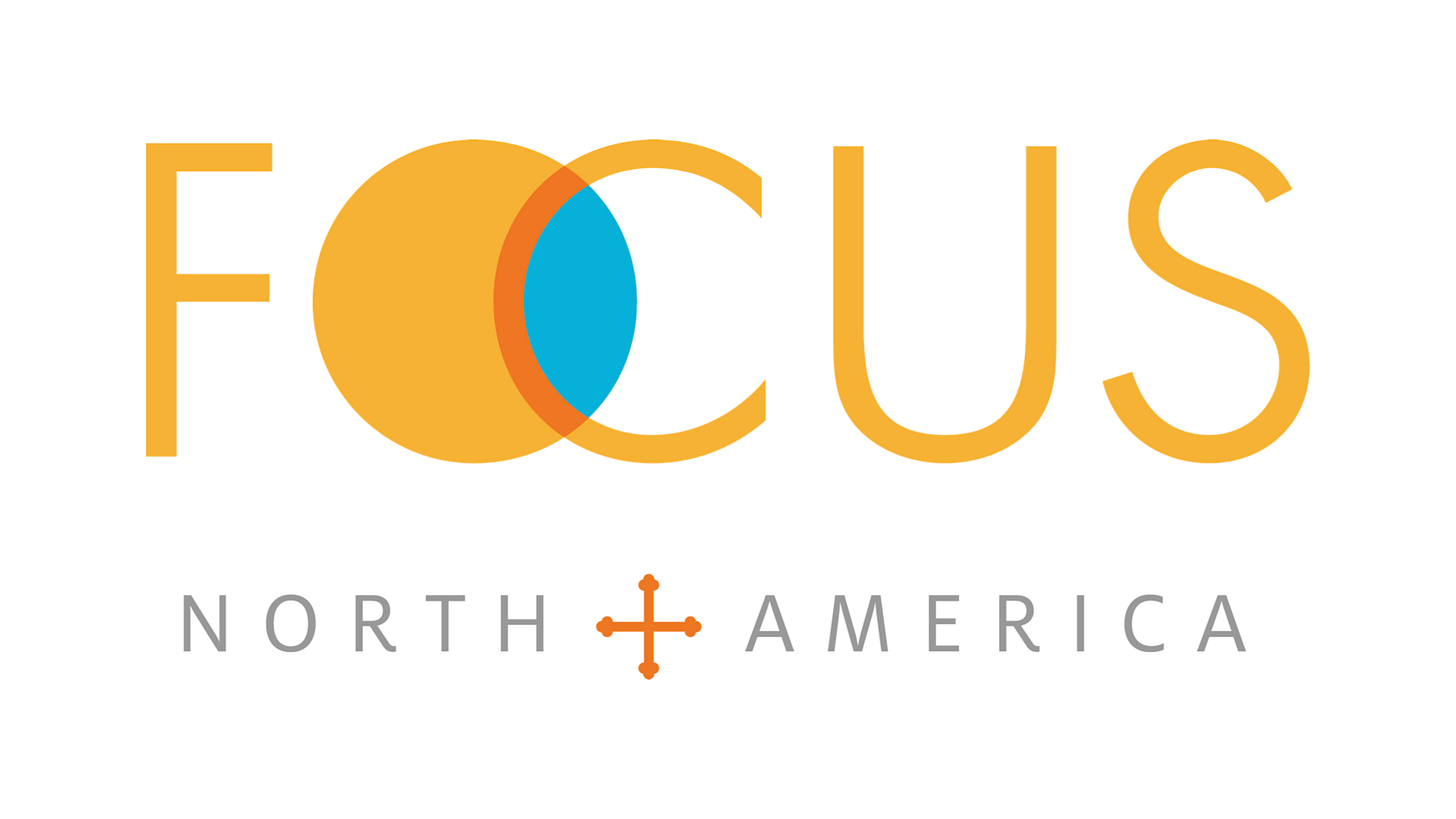Unbalanced "Orthodoxy"
What's missing from ministry (and why it's undermining the Church's witness)

I’m upset.
Today is Judgment Sunday and, during this morning’s Divine Liturgy, we read a familiar passage from Saint Matthew’s Gospel account.
So why am I upset?
Because the sermon we heard completely undermined today’s Gospel.
We heard that, while we’re called to help those in need, we don’t need to overdo it. We can do as much (or as little) as we like—there’s no need to risk our comfort or create a financial hardship for ourselves.
And, to top it off, as he was ending his lukewarm sermon, the presbyter called for the parish council to pass a tray “for the needs of the building.”
(Needs that demand our attention more immediately than the needs of the cold and hungry, apparently.)
But, as frustrating as this sermon was, it wasn’t surprising…
Because we Orthodox Christians have a fundamentally imbalanced approach to the Christian life.
To understand why, let’s first take a step back and consider the three basic practices of our life in Christ…
The (Wobbly) Three-Legged Stool
You may have heard people refer to the “three-legged stool” of our ascetic life in Christ which includes three basic elements: prayer, fasting, and almsgiving.
(It’s an image that Father Evan Armatas uses in his excellent Toolkit for Spiritual Growth, for example.)
But that three-legged stool is often wobbly for us Orthodox Christians because we don’t give those three practices equal attention. Without almsgiving, the Church drifts towards a private, individualistic (and self-serving) ideology.
And, as we’ll see later, it has real consequences for the witness of the Church.
Let’s start with prayer….
Even if we don’t all pray, we know we’re supposed to “pray without ceasing,” as Saint Paul tells us in his first letter to the Thessalonians. And we know that we’re supposed to have a prayer rule to help us reach that constant prayer: a regular rhythm of morning prayer and evening prayer, for example, even if that rhythm involves something short and simple like saying the Our Father.
Do we all pray without ceasing? Do we all even stick to a prayer rule? No. But we hold onto the ideal. And many of us at least try to deepen our prayer as we grow and mature as Christians.
Now let’s consider fasting…
Again, even if we don’t all fast, we know we’re supposed to fast most Wednesdays and Fridays, and during the various fasting periods (Lent, Advent, the Apostles Fast, etc). And we know how we’re supposed to fast—abstaining from meat and dairy and even oil.
Do we all fast strictly? No. But we hold onto the ideal. And many of us at least try to deepen our fasting as we grow and mature as Christians.
But now let’s consider almsgiving…
The Neglected Practice
Let’s begin with a well-known exchange we see recorded in Matthew 19. It’s when Jesus speaks with the Rich Young Ruler: a young man who comes to Jesus asking what he needs to do in order to have eternal life.
Christ tells him to keep the commandments, to which the Rich Young Ruler replies: I’ve already kept all of them, what else do I need to do?
So the Lord responds:
Jesus said to him, “If you want to be perfect, go, sell what you have and give to the poor, and you will have treasure in heaven; and come, follow Me.” But when the young man heard that saying, he went away sorrowful, for he had great possessions. (Matthew 19:21-22)
When we read this passage, we always interpret it as applying just to the Rich Young Ruler, don’t we? After all, Jesus couldn’t possibly be telling me to sell everything I have, give to the poor, and follow Him, right?
Could he?
The Response of the Saints
Well, contrast our response with how Saint Anthony the Great reacted to the call of Matthew 19. Saint Athanasios of Alexandria records the story in his Life of Saint Anthony the Great:
It was as if by God’s design he held the saints in his recollection, and as if the passage were read on his account. Immediately Anthony went out from the Lord’s house and gave to the townspeople the possessions he had from his forebearers (three hundred fertile and very beautiful arourae [a measure of arable land]), so that they would not disturb him or his sister in the least. And selling all the rest that was portable, when he collected sufficient money, he donated it to the poor, keeping a few things for his sister.” (Life of Saint Anthony the Great, §2)
So, unlike us, Saint Anthony heard Matthew 19—the call to sell everything he had and give to the poor—and received it as an ideal that applied to him. He received it as we tend to receive the Church’s direction around prayer and fasting: ideals which apply to all of us and which should continue to challenge all of us.
(Even if it takes us a lifetime to get there.)
An Objection to Almsgiving
“But wait,” you might say. “It’s possible to pray constantly and fast strictly. We see that in the great ascetics of the Church. But almsgiving is different because poverty is inevitable. That’s why there’s less urgency around almsgiving.”
(And, presumably, why a presbyter can essentially tell us that almsgiving doesn’t matter—on Judgment Sunday no less.)
This objection often has some Scripture behind it. Consider Matthew 26, when a woman anoints the Lord’s feet with expensive oil…
But when His disciples saw it, they were indignant, saying, “Why this waste? For this fragrant oil might have been sold for much and given to the poor.”
But when Jesus was aware of it, He said to them, “Why do you trouble the woman? For she has done a good work for Me. For you have the poor with you always, but Me you do not have always. (Matthew 26:8-11)
It’s that last bit, the part about “having the poor always,” that tends to trip us up. After all, if poverty is inevitable, what can we do about it?
This was the conversation in a friend’s parish, for example. A few years ago, his priest and parish council wanted to complete yet another expensive building project. My friend, on the other hand, wanted to begin developing some kind of outreach program to help people in need.
But the priest and parish council shot his idea down. And they based their rejection on Matthew 26.
“We’re always going to have poor among us,” they reasoned. “There’s only so much we can do to help. But you know what we can do? Build a beautiful temple in which to worship!”
Right Worship, Right Action
Now, we should be clear: that parish council wasn’t really wrong…
After all, God Himself gave Moses instructions to construct the Tabernacle in the wilderness. Just like our Churches today, that visible worship space was a visible image of the invisible Kingdom.
So of course it should be beautiful! The Kingdom is beautiful!

And the way we worship reveals that.
But God didn’t simply tell Israel to build a beautiful worship space. He told them to live in a particular—and beautiful—way.
There Shall Be No Poor Among You…
When we dig into the Scripture, we find clear parallels between the Old and New Testaments. In Deuteronomy 15, for example, we read something very similar to what Jesus says in Matthew 26 about the persistence of poverty.
(And that shouldn’t be surprising: it’s one and the same God, after all.)
For the poor will never cease out of the land; therefore I command you, ‘You shall open wide your hand to your brother, to the needy and to the poor, in the land.’ (Deuteronomy 15:11)
Now, at first glance, maybe this is just another verse that leads to a sense of resignation about the inevitability of poverty.
It’s the resignation that leads us to ask: what’s the point of almsgiving?
But look again. Because, just a bit earlier in that chapter, we see this:
“But there will be no poor among you (for the Lord will bless you in the land which the Lord your God gives you for an inheritance to possess), if only you will obey the voice of the Lord your God, being careful to do all this commandment which I command you this day.” (Deuteronomy 15:4-5)
With this larger context, the persistence of poverty takes on a different shape…
Yes, people will always be in need. But that’s a consequence of our unworthiness and disobedience.
Because God is commanding us to open our hands to the poor and needy. He’s telling us that there will be no poor among us if we obey the voice of the Lord.
And the voice of the Lord is clear: open wide your hand to your brother, to the needy and poor.
Sell all that you have and give to the poor.
What this Means for Ministry
Earlier this morning, I heard a profoundly disappointing sermon: the kind of ministry experience that tends to chip away at ones confidence in the Church.
Now, I’ve seen too much and experienced too much to walk away from the Church. But others (especially teens and young adults) don’t have the same grounding…
And I’m sure you’ve heard both me and others raise the alarm about the ministry crisis we’re facing as 60, 70, 80, even 90 percent of our young people fall away from the Church as they grow into young adults.
But these aren’t just abstract numbers. We’re talking about real people with real stories to tell. And I want to share one such story with you.

It’s a story you can hear yourself, described firsthand by the young man who experienced it. His name is Sean and we interviewed him for an episode of a podcast we used to produce at Y2AM called We Are Orthodoxy.
Sean grew up in the Bay Area. As a young man, he realized that his parish was very close to some very rough neighborhoods: places where young people struggle with violence, broken families, and a general lack of the opportunities and stability that most of us take for granted.
So, Sean approached his parish leadership about potentially connecting with some of those people: of serving those people, their neighbors in the Bay Area.
But the parish leadership was, to put it mildly, not very interested. There was plenty of money and effort available for the annual food festival, but not much available to help those in need.
And that had a very real consequence in Sean’s life.
Because, even though he continues to serve those in need, Sean no longer considers himself an Orthodox Christian. It’s not that he stopped believing in God: he simply realized that he doesn’t see the world like the Church sees the world.
The Consequences of Neglecting Almsgiving
Saint John the Evangelist and Theologian shows us how the way we shrug our shoulders at the inevitability of poverty leads to us passing on a cold, dead faith:
If someone says, “I love God,” and hates his brother, he is a liar; for he who does not love his brother whom he has seen, how can he love God whom he has not seen? And this commandment we have from Him: that he who loves God must love his brother also. (1 John 4:20-21)
Consider Sean’s story in light of these verses. I mean, how could Sean not look at his parish, at the leaders of the Orthodox Christian Church, and not consider them to be liars? How could he look at these people who were so cold to the plight of their neighbors and not feel that there was some kind of hypocrisy at play?
And there’s more. Let’s consider what Saint James says in his universal letter:
Pure and undefiled religion before God and the Father is this: to visit orphans and widows in their trouble, and to keep oneself unspotted from the world. (James 1:27)
We Orthodox Christians love to claim that we have the pure and undefiled religion—that we have maintained the faith of the Fathers. And maybe we have…on paper. But if the lived experiences of our communities does not include this love of neighbor, this care for widows and orphans, then Saint James (and not just him) would contradict our claims.
Regardless of the prayers we mutter and the theology books we skim through—no, we are not keeping the pure and undefiled faith.
In fact, it’s one of the reasons I began working with FOCUS North America. Many people will point to the incredible volume of online resources that the Church has produced in recent years (including the resources I helped produce over the past decade, things like Be the Bee and Pop Culture Coffee Hour) and boast of the Church’s growth in influence and awareness.
But if all we’re doing is talking about God and not actually encountering Him, is that really ok? If all we’re doing is posturing online about the glories of Orthodoxy and not actually doing as the Lord commands, is that really ok?
And remember what the Lord commands: to visit orphans and widows, to open our hands to those in need, to work so that there will be no more poor among us.
After all, that’s how we’ll be judged…







1) Thank you!
2) I'm also recommending Dr. Geleris's book.
3) Re: your reflection - You've not even touched upon the most fearful part (for me, at least): that the Lord repeatedly declares that He will be the advocate/protector of the widowed, orphaned, poor, and stranger. When we ignore or harm those who have no earthly advocate, they receive the Heavenly Judge as their defense.
Outstanding, Steve. By way of agreeing, I can add a story about a Metropolitan in the GOA who pointedly told the flock in my parish that the Government was responsible for almsgiving. He was responding to a question about the lack of hospitals, medical aid, and formal assistance by the GOA to the unfortunate among us. Even though the GOA is by far the wealthiest of the Orthodox dioceses in America. Each parish does something or other, some usually through the Philoptochos. And that's about it.